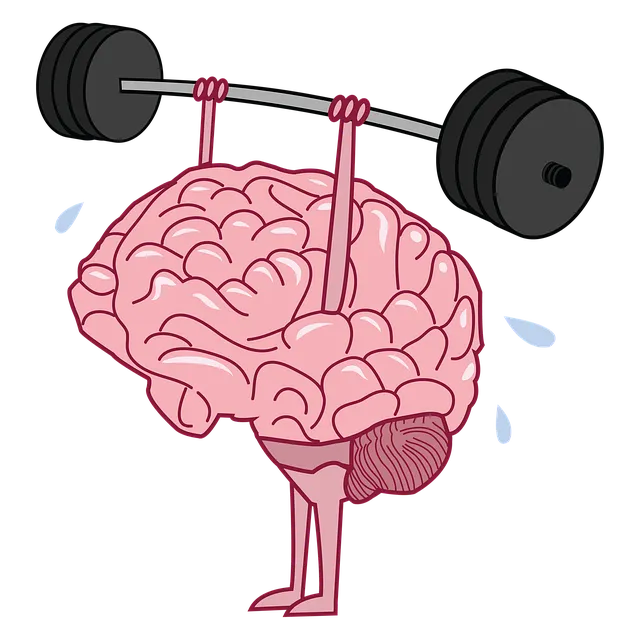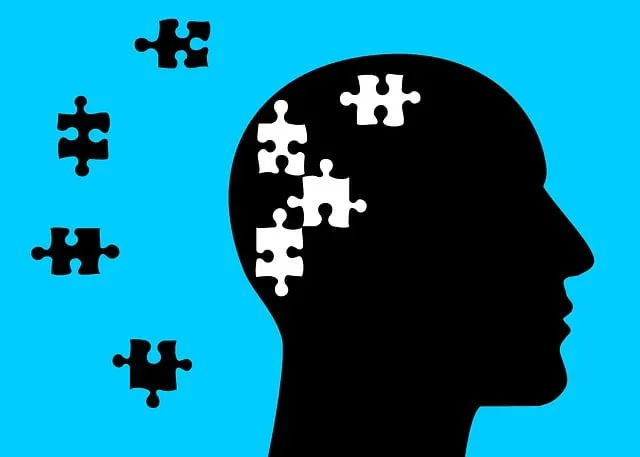The Kaiser Permanente behavioral health center in Greenwood Village prioritizes precise mental illness diagnoses using advanced data analytics, machine learning, and evidence-based practices. They offer holistic care through personalized education, conflict resolution training, and stress management techniques, catering to diverse communities. Their innovative approach, including workshops and burnout prevention strategies, enhances diagnosis accuracy, especially for complex conditions, setting a regional benchmark for improved mental health services.
Mental illness diagnoses play a pivotal role in effective treatment, yet their accuracy remains a persistent challenge. This article explores efforts to enhance diagnosis accuracy, focusing on the Kaiser Permanente Behavioral Health Center in Greenwood Village as a leader in this initiative. We delve into innovative strategies, from advanced assessment tools to integrated care models, and discuss future directions. By examining these approaches, we aim to illuminate how healthcare providers like Kaiser Permanente are revolutionizing mental health diagnosis, ensuring more effective patient outcomes.
- Understanding the Importance of Accurate Mental Illness Diagnoses
- The Role of Kaiser Permanente Behavioral Health Center in Greenwood Village
- Innovative Strategies for Enhancing Diagnosis Accuracy
- Future Directions and Continuous Improvement Efforts
Understanding the Importance of Accurate Mental Illness Diagnoses

Accurate mental illness diagnoses are paramount for effective treatment and patient outcomes at facilities like the Kaiser Permanente behavioral health center in Greenwood Village. Misdiagnosis can lead to inappropriate or delayed treatment, negatively impacting an individual’s overall well-being. It is crucial to recognize that mental health conditions often present with varying symptoms, making them complex to pinpoint without thorough assessment and expertise.
Efforts to enhance diagnosis accuracy focus on integrating innovative approaches such as emotional intelligence training for healthcare professionals, conflict resolution techniques to improve patient-provider communication, and meticulously designed mental health education programs. These initiatives aim to foster a comprehensive understanding of patients’ experiences, reduce potential biases, and ensure personalized care tailored to each individual’s unique needs.
The Role of Kaiser Permanente Behavioral Health Center in Greenwood Village

The Kaiser Permanente Behavioral Health Center in Greenwood Village plays a pivotal role in enhancing mental illness diagnosis accuracy within the community. This leading healthcare facility prioritizes evidence-based practices, integrating innovative communication strategies and stress reduction methods to address the nuanced needs of individuals struggling with mental health challenges. By fostering open dialogue and providing comprehensive care, the center ensures that diagnoses are not only timely but also highly accurate, setting a benchmark for improved mental health services in the region.
Through its dedicated team of experts and community outreach program implementation, the center reaches beyond traditional boundaries to engage diverse populations. This holistic approach includes tailoring interventions to cultural sensitivities, employing advanced assessment tools, and promoting education on mental wellness. By embracing these strategies, Kaiser Permanente Behavioral Health Center not only contributes to more precise diagnoses but also empowers individuals with the knowledge and resources needed for effective self-care and improved overall well-being.
Innovative Strategies for Enhancing Diagnosis Accuracy

At the Kaiser Permanente behavioral health center Greenwood Village, innovative strategies are being employed to enhance mental illness diagnosis accuracy. These include integrating advanced data analytics and machine learning algorithms to identify subtle patterns in patient interactions and symptoms, which can often be overlooked by traditional methods. By analyzing large datasets, these technologies aid in making more precise diagnoses, particularly for complex conditions like anxiety disorders and depression.
Furthermore, the center prioritizes a holistic approach that goes beyond symptom assessment. This involves incorporating stress management techniques, confidence-boosting activities, and anxiety relief programs into treatment plans. Such comprehensive strategies not only improve diagnosis accuracy but also enhance patient well-being by addressing underlying causes rather than merely treating symptoms.
Future Directions and Continuous Improvement Efforts

As we look to the future, the journey towards enhancing mental illness diagnosis accuracy continues. The Kaiser Permanente behavioral health center in Greenwood Village stands as a beacon of progress, refining assessment methods and integrating innovative tools to improve diagnostic precision. Continuous improvement efforts are multifaceted, encompassing not only technological advancements but also a deeper exploration of cultural sensitivity and diversity in healthcare practices.
One promising avenue is the integration of evidence-based programs like Stress Management Workshops Organization initiatives, Self-Care Practices, and Burnout Prevention Strategies for Healthcare Providers. These interventions aim to not only equip individuals with coping mechanisms but also foster a supportive environment that encourages open discussions about mental health. By combining advanced diagnostic tools with holistic wellness strategies, we can ensure more accurate and comprehensive care, ultimately benefiting the overall well-being of patients at the Kaiser Permanente behavioral health center Greenwood Village and beyond.
Mental illness diagnosis accuracy is a vital aspect of patient care, and ongoing efforts by organizations like the Kaiser Permanente Behavioral Health Center in Greenwood Village play a crucial role in enhancing these outcomes. By implementing innovative strategies, such as advanced assessment tools and multidisciplinary collaboration, the center strives to improve diagnostic precision. As we move forward, continuous improvement through research, education, and sharing best practices will be essential to ensure that individuals receive accurate and timely mental health diagnoses, fostering better treatment outcomes and overall well-being.






